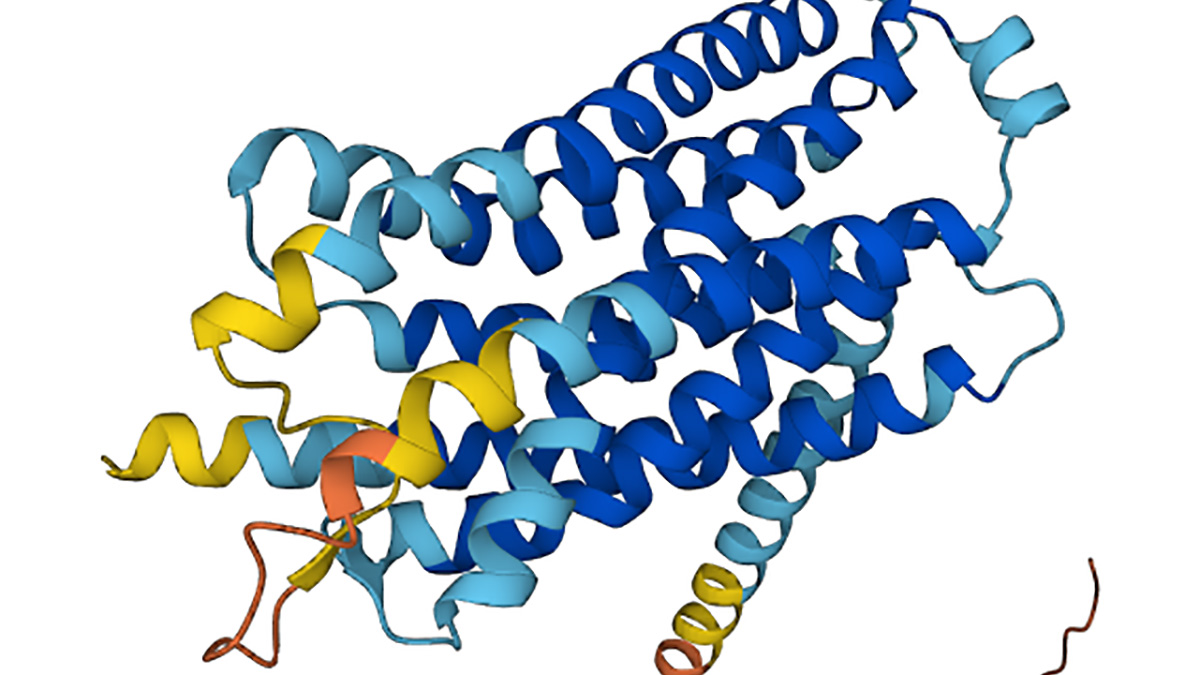
AI’s Latest Leap: Unlocking the Power of Protein FoldingAI’s Latest Leap: Unlocking the Power of Protein Folding The field of artificial intelligence (AI) has witnessed a revolutionary breakthrough with the advent of AI models capable of accurately predicting the complex structure of proteins. This significant achievement, known as protein folding, has the potential to revolutionize drug discovery, materials science, and other fields. The Protein Folding Enigma Proteins, essential biological molecules, play a crucial role in a myriad of cellular processes. Their intricate 3D structure determines their function and behavior. However, predicting the structure of proteins from their amino acid sequence has been a longstanding challenge in computational biology. AI’s Triumph Recent advancements in deep learning algorithms have empowered AI models to learn the intricate relationships between amino acids and their corresponding protein structures. These models leverage vast datasets of known protein structures to identify patterns and make accurate predictions about new sequences. Transforming Drug Discovery Protein folding AI has immense implications for drug discovery. By precisely predicting the structure of target proteins, drug designers can tailor therapeutic molecules with higher specificity and efficacy. This can accelerate the development of new treatments for a range of diseases, including cancer, neurodegenerative disorders, and infectious diseases. Materials Science Revolution The ability to manipulate protein structures opens up new avenues in materials science. Researchers can design novel materials with specific properties by modifying the structure of proteins. This could lead to the creation of stronger, lightweight materials, ultra-efficient energy sources, and self-assembling materials for advanced applications. Expanding Applications Beyond drug discovery and materials science, protein folding AI has applications in numerous other areas: * Enzyme engineering: Designing enzymes with optimized catalytic activity for industrial processes * Protein design: Creating proteins with tailored properties for biotechnological applications * Predictive medicine: Identifying disease-causing mutations and predicting patient responses to treatments Challenges and Future Prospects While AI has made significant strides in protein folding, there are still challenges to overcome. Models need further improvement for larger and more complex protein sequences. Additionally, experimental validation remains essential to ensure the accuracy of predictions. Despite these challenges, the rapid pace of AI development suggests that protein folding AI will continue to advance. This transformative technology has the potential to reshape industries, improve human health, and push the boundaries of scientific discovery.
Posted inNews